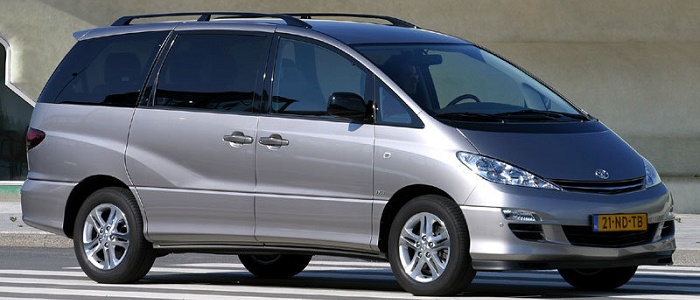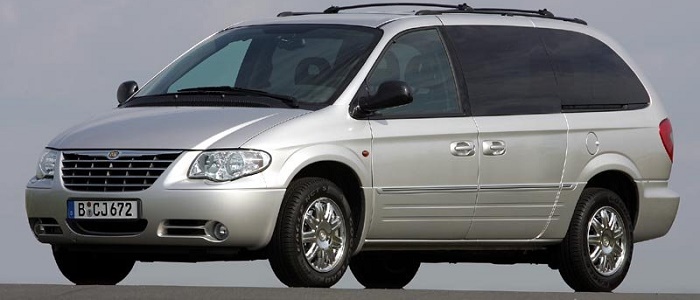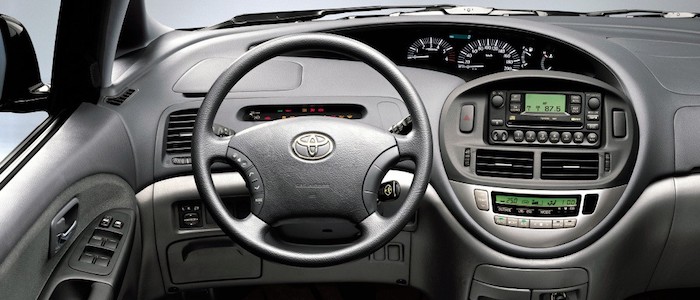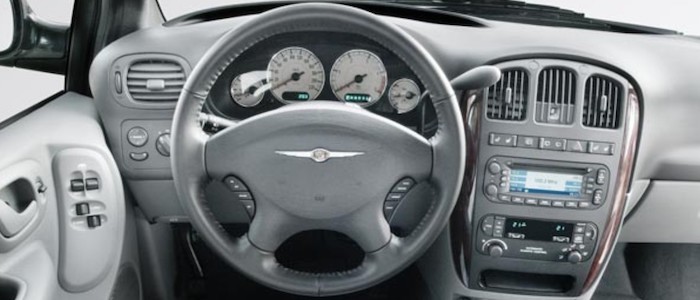Compare two cars
Compare any two cars and get our Virtual Adviser™ opinion
Dimensons & Outlines
Check a car with 30% off a report
Engine
Performance (manual gearbox)
Performance (automatic gearbox)
Expenses
Virtual Adviser's™ opinion
Well, these are two pretty similar cars we have here! It's only details that could potentially make the difference. Considering they both belong to the mpv segment and utilize the same 5-door MPV body style and the front wheel drive system, it all comes up to the specific petrol engine choice they offer. The first one has a Toyota-engineered powertrain under the hood, a 4-cylinder, 16-valves 160hp unit, while the other one gets its power and torque from a 4-cylinder, 16-valves 147hp engine designed by Chrysler.
SafetyThe first thing to look into here would be the results from European New Car Assessment Programme (Euro NCAP) tests performed on the two cars. Good thing is that both vehicles got tested, with the Toyota displaying significantly better structural stability. That aside, let's consider some other aspects which affect safety. Both vehicles belong to the mpv segment, which is generally a good thing safety-wise, but that fact doesn't break the tie between the two cars. On the other hand, taking kerb weight as an important factor into account, the American car offers a considerable difference of 17% more metal.
ReliabilityReliability is not the best thing to consider on the make level, but it is worth mentioning that Toyota is significantly less fault-prone, at least on all of the models level. These are the results of an independent reasearch, while our visitors describe reliability of Toyota with an average rating of 4.6, and models under the Chrysler badge with 4.4 out of 5. The same official information place Previa as average reliability-wise, and Grand Voyager is more or less at the same level.Above it all, drivers of cars with the same engine as the Japanese car rank it on average as 5.0, while the one under the competitor's bonnet gets 4.0 out of 5.
Performance & Fuel economyToyota is undoubtly more agile, reaching 100km/h in 1.4 seconds less than its competitor. In addition to that it accelerates all the way to 185 kilometers per hour, 2km/h more than the other car. When it comes to fuel economy the winner has to be the Japanese car, averaging around 9.4 liters of fuel per 100 kilometers (30 mpg), in combined cycle. We can't ignore that 7% difference compared to the American car.
Verdict
Toyota is apparently more reliable, not too much, but just enough. The most important thing when deciding between any two vehicles should always be safety, both passive and active. In my opinion, everything taken into account, the Japanese car offers significantly better overall protection, taking the lead here. It all continues in the same direction, with Toyota outracing its opponent in any situation possible, making it better choice for boy racers. To make things even better, it consumps less fuel! All together, there's not much more to say, in this case I wouldn't even consider anything but Toyota. Nevertheless, let's not forget that people have different preferences and needs, so what really counts is your personal feel. I'm only here to help. In case you have two minutes to spare I invite you to define your needs, desires and budget and see which car would be chosen by the virtual adviser™, among thousands of similar, yet so different vehicles.
































